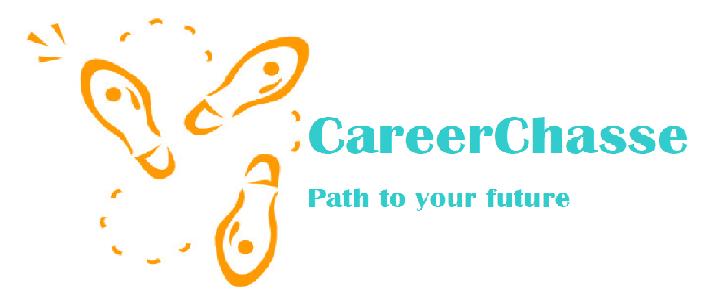 |
| Where I lived in Reading, England |
During my junior year, I was the President
of a 30-member study abroad program in Reading, England. In this role, I had to
plan and coordinate activities for our group; wear the hat of a semi-Resident Advisor
enforcing rules for the school-owned houses where we lived; and serve as the
liaison between our group and the faculty director of our program. One event I
had to lead was our Thanksgiving Dinner where those of us who ordered class
rings received them at this celebratory meal. And, then the story would continue….
The experience
above is the start of an example I could use if I had been asked “Tell me about
a time you have been a leader,” when I was interviewing for my first full-time
position. As you prepare for interviews for internships or full-time positions,
you need to work on your craft at telling stories. Why? Only you can tell YOUR
stories. Your stories are what set you apart from everyone else, and that is
what you want to do in an interview, demonstrate to an employer how you uniquely fit what she or he is seeking.
Prove it!
Many interviews
only last for 30 minutes, and sometimes even less time than a half an hour. With
the stories that you tell, you are giving the interviewer a chance to get to
know you better in a short period of time. The specific examples that you give
are what will stick in an employer’s mind after talking to 15 or more
candidates. “Oh yeah, she was the one who was skilled at getting a group of 30
women to agree on what to have for a British Thanksgiving Dinner,” is what the
recruiter will recall rather than “Oh yeah, Claire, she’s the one who is a great
leader.”
Your stories are
also important because a recruiter has to sell everyone else involved in the
hiring process on why you are THE one. The recruiter has to first prove it to bring
you on site for an interview and then prove it again to all who have a voice in
the final hiring decision. The specific examples that you share give all who
interview you "ammunition" for that critical decision time.
Behavioral Interviews: Be
a STAR
A popular
interviewing method employers use is behavioral based interviewing where
an employer spends time analyzing a position, determining key competencies
needed for that role. The employer asks questions that get at these specific competencies
during the interview. Sample behavioral questions can be found here.
You can use the STAR formula to respond to these behavioral types of interview questions:
S=Situation: Avoid talking in generalities. Get specific. For example, if you are asked about a time
you had to work in a group and what your role was within the group, don’t just
say, “I have to do group projects all the time. I can take the lead in a group,
or follow someone else’s lead.” Instead, a sample reply would be, “In my
promotional strategies class, we had to create a promotional campaign for a
local daycare center. My role in the five-member team was to oversee the
marketing research and report on our findings during our final presentation.”
T=Task: what was
the task or challenge you faced? To follow with the above example, “I had to
research the key benefits of the daycare center that current users identified.”
A=Action: what
were the actions that you took? “We surveyed over 100 users of the center with
an online tool, achieving a 50% response rate.”
R=Result: How did
the situation turn out? What was the outcome? “As a result of my marketing
research, we were able to identify 3 key benefits parents/guardians saw in the
center, and we focused our campaign on those benefits. Our group received an A
on the project and the daycare center has implemented several of our
recommendations.”
Career Services
provides a STAR worksheet to help you prepare stories like this for your interviews.
You can find the worksheet on page 81 in our Career Planning Guide. Pick up a hard
copy of the Guide in Career Services or access it here online.
Last year in a
mock interview, a student asked me if he could make up a story to tell in an
interview. Honesty is a must for the
entire job search process including interviews; actually, telling the truth is
a must for life. If you can’t come up with a relevant example, try to think of
an example that is somewhat similar. “Although I don’t have a lot of experience
programming in XX, I am a quick learner. I spent my spare time last semester teaching
myself programming in YY language and was able to help my club improve our
website because I knew this programming language.” Added to being honest, you
want to describe examples that have a positive result, because during an
interview, you need to remain as positive as possible about everything that you
say.
Become a stellar storyteller for your next
interview. Work on your stories now. And, practice telling your stories in a
mock interview. You are the best person to tell your stories. Craft them like
the expert you are. It's time to SHINE!








